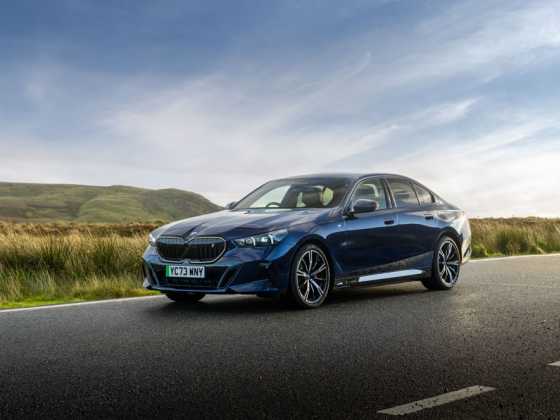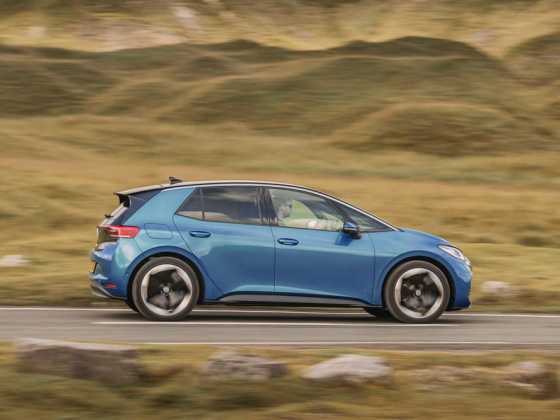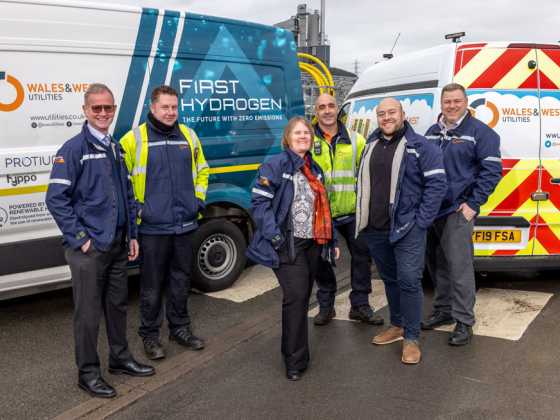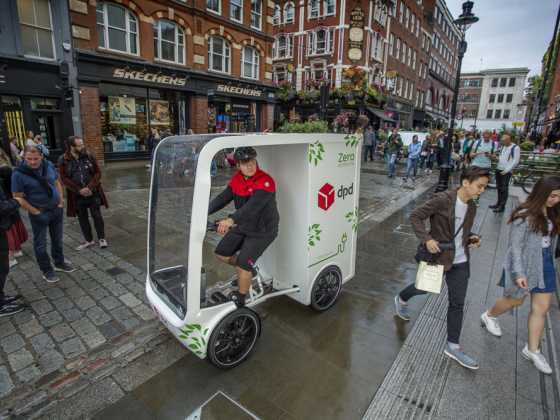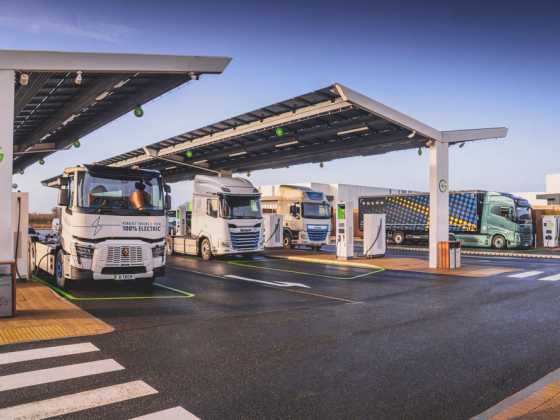Exploring the potential of biomethane
After identifying that its refuse collection vehicles were the main fuel consumers in its fleet, Leeds City Council embarked on a year long trial investigating the potential of biomethane as a fuel

Within local authority fleets, refuse collection vehicles (RCVs) are often the largest contribution to overall fleet emissions. But they have the potential to run on the very waste that they collect.
Biomethane, for example, is a gas produced from the decomposition of organic matter, such as landfill waste. As it is produced from renewable sources, biomethane is considered to have the least carbon impact of all available road fuels.
After identifying the high greenhouse gas emissions and costs associated with its own RCVs, Leeds City Council decided to explore the potential of biomethane to run the vehicles after receiving technical advice from Cenex, the UK Centre of Excellence for low carbon and fuel cell technologies.
SUBSTANTIAL SAVINGS
The trial vehicle, a Mercedes-Benz Econic LLG with a spark ignition engine running solely on biomethane gas, is estimated to have achieved a 49 per cent saving in well-to-wheel green-house gas (GHG) emissions, compared to the diesel Econics in the council’s fleet.
Additionally, lower fuel expenditure meant that annual vehicle running costs were estimated to be £2,500 less than a diesel equivalent.
However, it is estimated that the savings could be much higher if a more permanent filling station was used. For the purpose of the trial, biomethane gas was produced by Gasrec from a landfill site at Albury in Surrey and transported by road to a temporary fuelling station in leeds. With a more permanent solution, GHG savings could raise to 64 per cent, with the possibility of achieving 78 per cent savings if gas was generated on-site.
Given the success of the trial, Leeds City Council has extended the trial for a further three to five years and has installed a permanent filling station with the assistance of the Infrastructure Grants Programme. Located within the RCV depot located next to the diesel pumps, the filling station has improved the vehicle refuelling process to be comparable with refuelling with diesel and should also generate even greater cost savings in the longer term. What’s more, the simplification of the refuelling process has also opened up the potential to add more gas vehicles to the trial.
HOW IT STARTED
Leeds City Council began the trial following a review of its 1,200 vehicle fleet. This analysis showed that while RCVs made up just seven per cent of its fleet, they were responsible for 25 per cent of total fuel use. Following advice from Cenex, biomethane was identified as showing the greatest potential for achieving the necessary savings.
EMBRACING LOW CARBON TECHNOLOGY
Richard Crowther, environmental assessment officer in transport policy at Leeds City Council said: “We’ve already done a great deal to improve the efficiency of our fleet vehicles and reduce unnecessary mileage, but we’ve reached a point where that in itself won’t be enough to meet our environmental targets. We knew we needed to embrace low carbon technologies too and turned to Cenex for independent advice. This successful trial shows the enormous potential for switching sections of our fleet over to gas technology and we look forward to further savings following its extension.”
During the trial the vehicle was operated in a front-line refuse collection service on two routes for six months to determine fuel consumption, usability and reliability. It was compared against a standard diesel fuelled Econic (Euro V) plus a Seddon-Atkinson Euro III vehicle operating on the same routes.
The data was collected using a combination of manual and on-board monitoring systems.
DEFINING BIOMETHANE
Biomethane is a gas that is around 95 per cent methane. Anaerobic digestion of biological material produces a mixture of gases typically referred to as biogas – the three main sources in the UK are landfill gas, sewage gas and gas produced by purpose built anaerobic digesters fed with farm and municipal food waste. As the methane content of biogas varies between 30-65 per cent, a variety of technologies are used to purify and concentrate the methane in biogas, producing biomethane. As it is produced from renewable sources, biomethane is considered to have the least carbon impact of all available road fuels. This means it offers much higher potential GHG savings compared to natural gas.
MAJOR POTENTIAL
Chris Walsh, head of technical support and consultancy at Cenex, said: “In the UK, heavy goods vehicles such as refuse trucks contribute a disproportionately high percentage of carbon dioxide emissions. With a pressing need to reduce greenhouse gases, it is imperative that we explore the use of new fuels such as biomethane wherever feasible. This pioneering Leeds City Council trial highlights the major advantages of switching the UK’s RCV fleet to run on biomethane.”
Extrapolating the results of this trial across the UK fleet of RCVs demonstrates the potential for biomethane as a fuel. Using gas produced from purpose built anaerobic digesters could save up to 80 per cent of emissions, as well as delivering substantial cost savings, due to factors such as the rising cost of diesel and the falling purchase cost of biomethane vehicles.
FOR MORE INFORMATION

